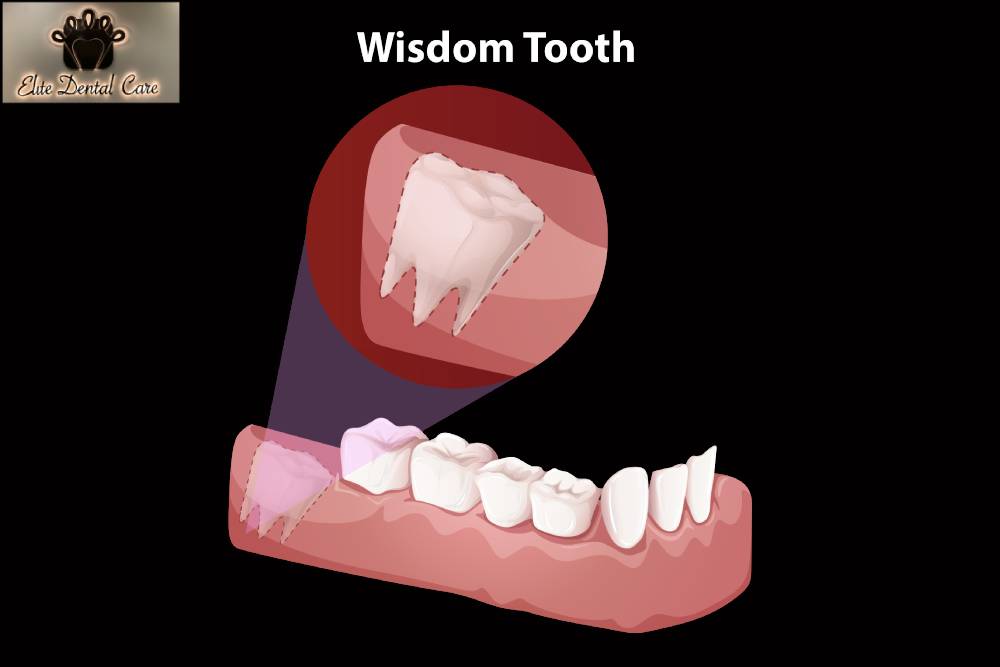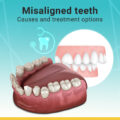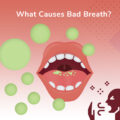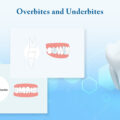
Uncategorized
edental
21 January 2020
What Happens During Wisdom Teeth Extraction – Elite Dental Care Tracy
What happens during Wisdom Tooth Extraction?
People who don’t have any dental complications, the only reason they visit the dentist is to get their wisdom tooth/teeth removed.
Most of the cases, wisdom tooth falls of by themselves. Surgery is need if their roots are strong and they do not fall off.
If the wisdom tooth do not have proper room to grow then it creates complications, if it is untreated it becomes an impacted tooth by developing bacteria, cavities, germs etc.
Impacted wisdom tooth causes damage to surrounding tooth so definitely surgical process is needed to extract it.
In our hospital, we often treat such patients who come to us for the removal of wisdom tooth, they are very afraid about the procedure, and ask us about how long will it take? And what are the aftereffects?
Wisdom teeth:
Wisdom teeth are defined as the last and third molars that erupt in the upper and lower jaws.
These come up during teens from the ages of 17 to 25.
Wisdom tooth Procedure:
Wisdom tooth removal procedure is an outpatient process, where you can get discharged on the same day.
During the process these steps are followed:
We will give you anesthesia to numb the part of the surgery and increase the comfort level of the patient.
There are three types of anesthesia, any one type or a combination is preferred during the procedures.
- Local anesthesia:
Initially during the procedure, we give one or more injections nearby the site of extraction.
Before giving these injections, dentist will apply gum like substance to numb the part of surgery.
In this process you will be awake, and you can see and feel the movements here and there in the mouth during the surgery, however you will not feel the pain of surgery.
- Sedation Anesthesia:
Here we will give the anesthesia through Intravenous (IV) line in the arm.
Sedation anesthesia makes us partially unconscious during the procedure, local anesthesia is also used to numb the part of surgery.
We will have little knowledge about what is happening in the procedure but do not feel the pain absolutely.
General anesthesia:
General anesthesia is given in special cases depending upon your body condition, in this case, you may inhale the medication or have sedation (IV line) in your arm or sometimes both.
We become unconscious and we will have no memory of the whole procedure.
After giving general anesthesia, doctors will keep a keen observation on our body temperature, medications, fluids, breathing, and blood pressure.
Procedure:
- Initially, surgeon makes a notch in the gum tissue that exposes the tooth and bone.
- He/she removes the bone that blocks the sight and access to the tooth root.
- Divides the tooth into pieces if it is easier to remove.
- Removes the tooth.
- Checks for any bacteria, inflammation or debris and cleans the whole part and surroundings of the tooth removed,
- Stitches the wound and gives necessary medications for healing.
- Places a gauze on the spot of the surgery to control bleeding and allow the formation of blood clot.
Risks:
After surgery we will allow a blood clot to be formed in the surgical place for fast healing, if we let the socket dry the blood clot dissolves and exposes the bone below the clot. It delays the healing process.
Inflammation formation in the gaps where the wisdom tooth is removed, creates issues in sinus.
Food particles remained in the gaps turn into cavities, bacteria and inflammation.
Sometimes lower jaw weakens due to surgery.
Damage in nerves in the lower lip, chin or tongue occurs due to surgery.
Queries:
Usually, patients will have some queries if they are undergoing any medical process.
We have observed these few questions commonly asked by our patients during Wisdom tooth extraction.
- When should I come to the hospital before the process?
- Will I be discharged immediately or admitted after the procedure?
- Can I eat or drink something before the procedure?
- Can I take the non prescribed medications related to other complications?
- What type of anesthesia is given to me; how long will I be unconscious?
- How long do I need to rest post-surgery to plan my school, college or work schedule?
- How long does the surgery take and what are its side effects, any food restrictions?
Recovery:
- If sedation and general anesthesia is given to the patient, after surgery he/she will be shifted to room for recovery.In case of a local anesthesia, patients will recover instantly in the dental chair and they get discharged immediately after the process.
- We doctors will recommend you to stay hydrated, do not smoke, use straws for at least two weeks after the procedure.
- Do not spit more, as it dissolves the blood clot formed and delays healing.
- After the surgery, blood oozes out for a couple of days do not panic, keep changing the gauze placed at the surgery point as recommended by your dentist.
- Use ice pack outside the surgery point to soothe the pain and reduce the swelling
- Use the painkillers prescribed by the doctors to avoid too much pain and discomfort.
- Drink lots of water, do not consume liquids like alcohol, caffeinated beverages, carbohydrate liquids.
- Do not drink or eat anything with extreme temperatures that is too hot or freezing.
- Eat only soft foods like yogurt, pulped fruits etc. avoid spicy, hard and chewy foods. Once you feel like the wound is alright start with semisoft foods on the suggestion of the doctors and once it is totally healed you can start eating normally.
- Within 24 hours of the surgery do not brush, use mouth wash, rinse your mouth, spit too much, after couple of days gently rinse your mouth with salted warm water twice a day preferably after meals.
- Do not miss your scheduled dental visits, as the doctors clean the wounded part professionally and check the healing status.
- After few weeks, stitches will dissolve in some patients, sometimes stitches will be removed manually by the doctors if they do not dissolve themselves.
Call your dentist if:
- You have difficulty in swallowing or breathing
- Excess bleeding than normal.
- If the bleeding does not stop than expected time.
- If you experience fever, cold or any abnormalities.
- If the swelling does not heal or swell more even after couple of days of the surgery.
- Pus or blood in nasal discharge.
- Formation of Pus or change in color in the blood clot.
Conclusion:
Generally, if the surgery is done properly and after care instructions are followed thoroughly, you will not have any after surgery complaints or experience any excess bleeding complications, infections, or nerve damages.




